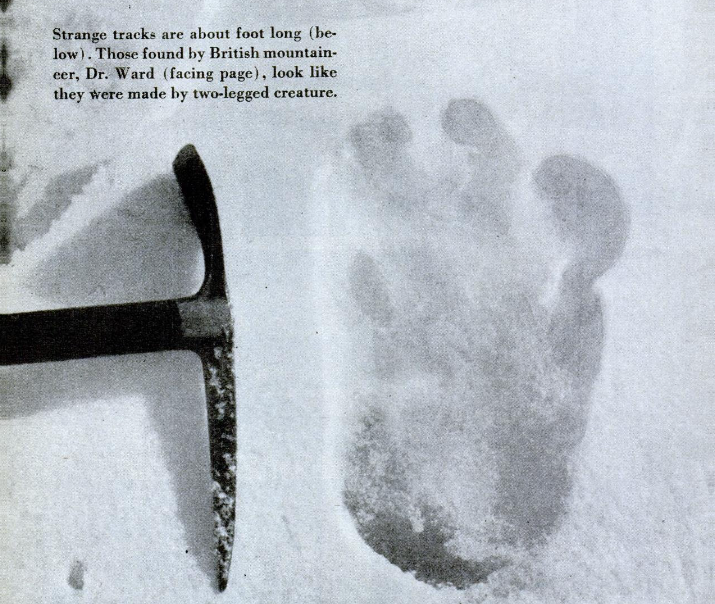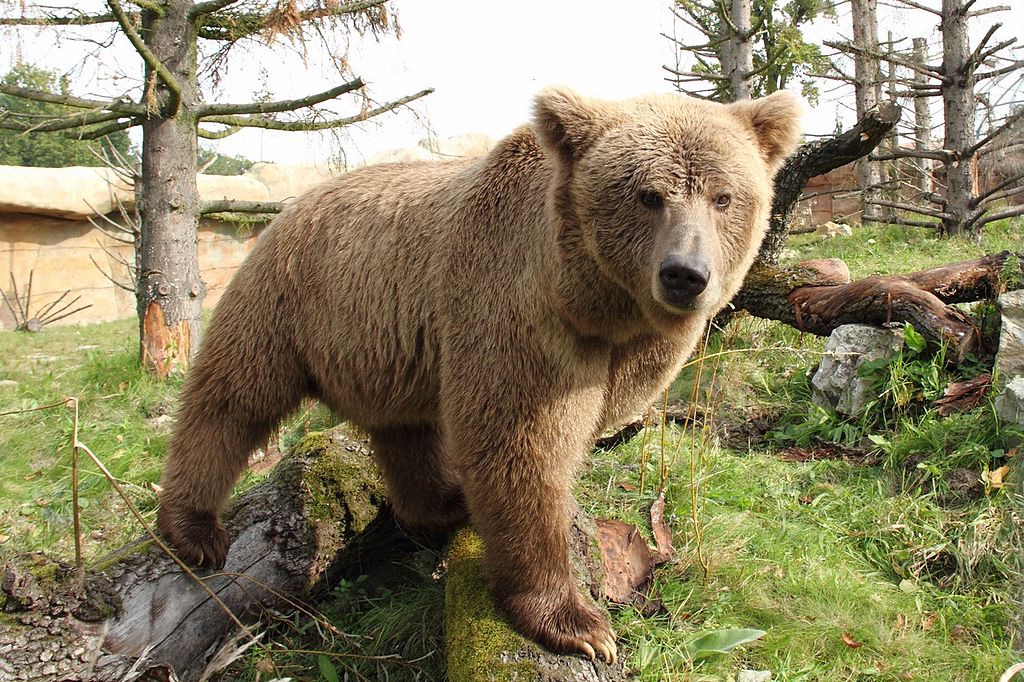Sorry Kids, Asia's Mysterious Abominable Snowmen Are Just Bears!
Language
Reading Level
Listen to Article

Tales of the Abominable Snowman, or Yeti, that roams the Himalayas have been a fixture in the Nepalese, Tibetan, and Bhutanese cultures since the 1800s. The belief in the mythical creature spread to the western world in 1951, following British explorer Eric Shipton’s discovery of a massive footprint in the snow, while seeking an alternate route to Mt. Everest. Numerous expeditions, many sponsored by large organizations, spent months searching the mountain ranges for the elusive, ape-like creature. Though none succeeded, the belief in the Yeti’s existence never waned.
In 2013, a University of Oxford study, conducted using two “Yeti” samples, concluded that the creature was a previously unknown hybrid between an ancient extinct polar bear and a brown bear native to the region. However, the result was disputed by experts a year later, allowing the myth of the giant monster to continue.

To put this mystery to rest once and for all, evolutionary biologist Charlotte Lindqvist and her team from the State University of New York in Buffalo acquired nine fragments of hair, bone, and scat believed to belong to the Yeti. The specimens included samples collected in the 1930s on the Tibetan plateau, relics from famed Italian mountaineer Reinhold Messner’s museum, as well as more recent findings of hair and bone discovered by a nomadic herdsman and some Tibetan spiritual healers. The team also analyzed samples from several native bears — including the Himalayan brown and black bears and the Tibetan brown bear.
To determine each specimen's owner, the researchers turned to the mitochondrial DNA, or mDNA. Located inside the namesake cells, it contains genetic material passed down by mothers. The results of the study, unveiled in the journal Proceedings of the Royal Society B: Biological Sciences in November 2017, revealed that eight of the nine so-called Yeti samples came from local bears, while one belonged to a dog!

Though the findings may be heartbreaking for Yeti fans, the study did produce the first ever DNA mapping of the critically endangered Himalayan brown bear and the vulnerable Himalayan black bear species. This will allow scientists to better understand the relationship between the rare brown bear subspecies and common bears. It will also help verify the current theory that the subspecies branched out from the others almost 600,000 years ago.
Lindqvist, who plans to continue researching the bear genetics, says, "It was exciting to find that the purported Yeti samples, without doubt, are not strange hybrid bear creatures, but simply related to local brown and black bears.” The expert concedes the study will not alter the Asian belief in the Yeti’s existence, which “is very important to the local culture and folklore.” She does, however, hope that her findings will convince the rest of the world to stop yearning for proof of the mythical beast.
Resources: livscience.com, sciencemag.org, vox.com
Cite Article
Learn Keywords in this Article
534 Comments
- boomalmost 7 yearscooooooollllll
- Socteralmost 7 yearsNooooooo!!!!! It’s not real
- sugarplumfairyalmost 7 yearsthen are unicorns ,Pegasuses,and allicorns aren't real?
- puglover123almost 7 yearswhen dreams die.
- milan is so hotalmost 7 yearsso sad! =(
- WHY??!!almost 7 yearsI have no idea what 2 believe anymore. :(
- RAVENalmost 7 yearsThat is just cold
- cupcakealmost 7 yearsI believe in yetis and big foot cause... i don't really have reason but what ever like this comment if you still...BELIEVE!!!!!!!!!!!!!!!!!!!!! BAM BOOM I STILL HAVE BELIEF
- soccergyal1almost 7 yearsthats cool!
- mealmost 7 yearscool




